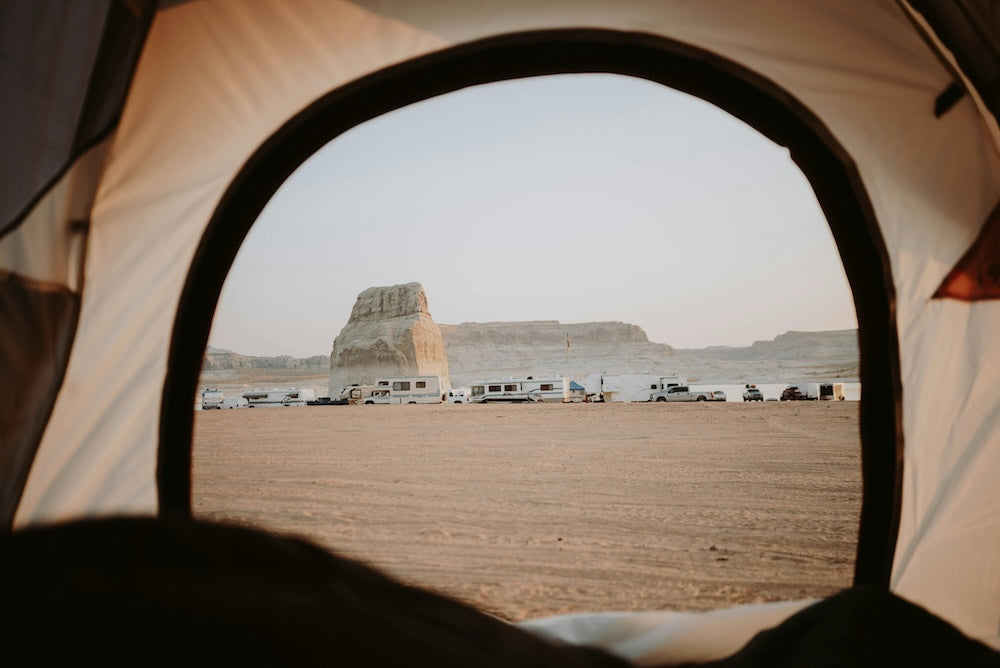If you’ve ever packed for a long trip and thought, “There’s no way this is all fitting in the truck,” you’ve probably considered adding a trailer to your overland setup.
While trailers can expand your options and comfort, they can also add complexity to your adventure. So let’s break down the real-world pros and cons of overlanding with a trailer to help you decide if it’s the right choice for your travels.
Why You Might Want a Trailer for Overlanding
More Room, Less Stress
Overlanding requires a lot of gear, especially for multi-day trips or if you're traveling with family. Trailers provide the extra space you need without turning your vehicle into a chaotic storage bin. You can pack smarter, access things faster, and avoid overloading your vehicle.
Comfortable Basecamp Setup
One of the biggest perks of using a trailer is setting up a home base. Park the trailer, unhook it, and use your vehicle to explore nearby trails. It’s convenient, especially in rugged areas where maneuvering a trailer would be tough.
More Amenities on the Go
Depending on the trailer, you can bring a full kitchen, water system, rooftop tent, or even solar power. That means better meals, hot coffee, and real shelter, all of which matter when you’re days deep into nature.
Family and Group-Friendly
Traveling with kids, pets, or a partner? A trailer makes it easier. You’ll have more room for sleeping and storage, helping everyone stay comfortable and better organized throughout the trip.

But It’s Not All Smooth Trails: The Downsides
Driving Becomes More Demanding
Towing a trailer changes everything, your turning radius, braking, acceleration, and clearance. Rough trails, river crossings, or narrow passes can become significantly more difficult with a trailer in tow.
Fuel Efficiency Drops
Trailers add weight and wind resistance. That means you’ll burn through more fuel, which can become a real concern if you’re traveling far from gas stations or in remote areas.
You’ll Need the Right Gear
Not every trailer is made for overlanding. You’ll need one that’s specifically designed for off-road use, something with durable tires, solid suspension, and a reliable hitch setup. You’ll also want a capable tow vehicle that can handle the load without strain.
It Can Limit Where You Go
Some of the most epic backroads, mountain passes, and narrow switchbacks are just not trailer-friendly. If your goal is to explore the most remote or technical terrain, a trailer might hold you back or force reroutes.
Is a Trailer Right for Your Overlanding Adventure?
The answer comes down to your priorities. If comfort, extended trips, and the ability to haul more gear are important to you, a trailer can be a huge asset. It can help you go farther and stay out longer, especially when outfitted with the right overlanding upgrades.
But if agility, simplicity, and exploring the gnarliest trails are what you’re after, going trailer-free may be the better option. Either way, preparation is key.
If you do go the trailer route, make sure it’s built for adventure, like a heavy-duty off-road trailer, and that your towing gear is dependable. Products like the Trailer Valet XL or MV Pro can help make maneuvering your setup at camp or in tight spaces much easier.
With the right planning, your trailer can transform your overland experience and open the door to more comfortable, longer-lasting adventures.

